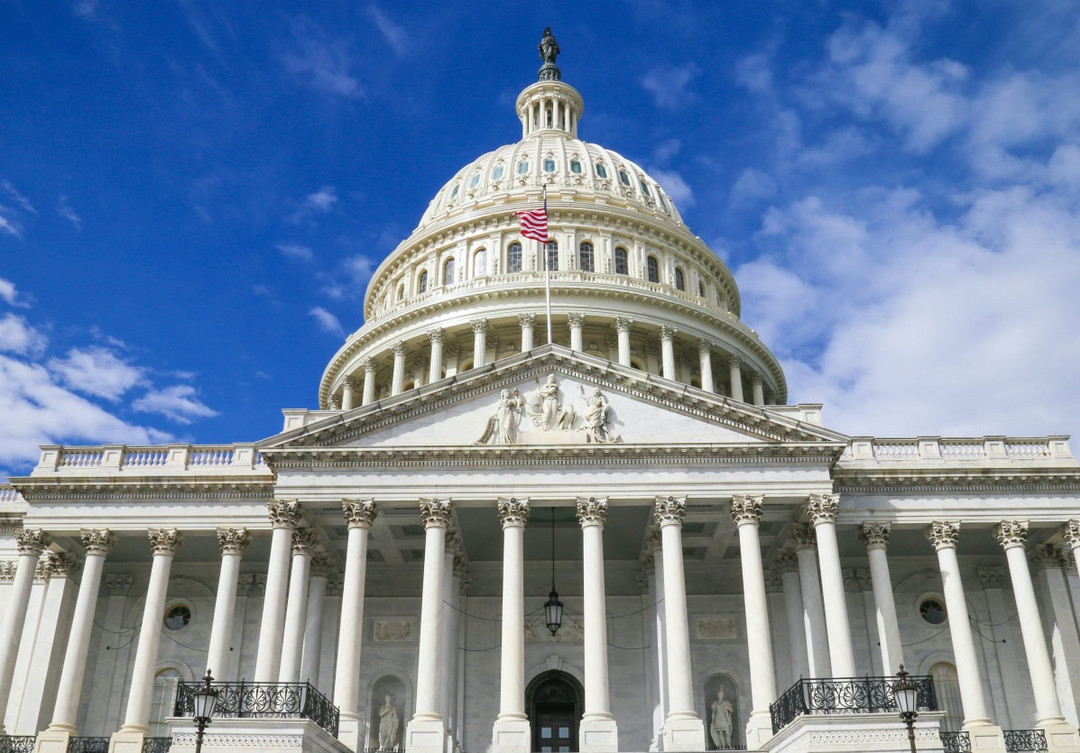The European Union and South Korea have expressed concern over a U.S. proposed electric vehicle purchase tax credit plan, saying it could discriminate against foreign-made cars and violate World Trade Organization (WTO) rules,media reported.
Under the $430 billion Climate and Energy Act passed by the U.S. Senate on Aug. 7, the U.S. Congress will remove the existing $7,500 cap on electric vehicle buyers tax credits, but will add some restrictions, including a ban on tax payments for vehicles not assembled in North America credit. The bill took effect immediately after U.S. President Joe Biden signed it. The proposed bill also includes preventing the use of battery components or critical minerals from China.
Miriam Garcia Ferrer, a spokeswoman for the European Commission, said, “We consider this to be a form of discrimination, a discrimination against a foreign manufacturer relative to a US manufacturer. It would mean that it is not WTO-compliant.”
Garcia Ferrer told a news conference that the EU endorses Washington’s idea that tax credits are an important incentive to drive demand for electric vehicles, facilitate the transition to sustainable transportation and reduce greenhouse gas emissions.
“But we need to make sure that the measures introduced are fair … not discriminatory,” she said. “We will therefore continue to urge the United States to remove these discriminatory provisions from the Act and ensure that it is fully WTO-compliant.”

Image source: US government official website
On August 14, South Korea said it had expressed similar concerns to the United States that the bill could violate WTO rules and the Korea Free Trade Agreement. South Korea’s trade minister said in a statement that it had asked U.S. trade authorities to ease requirements on where battery components and vehicles are assembled.
On the same day, the Korean Ministry of Trade, Industry and Energy held a symposium with Hyundai Motor, LG New Energy, Samsung SDI, SK and other automotive and battery companies. The companies are asking for support from the South Korean government to avoid being at a disadvantage in competition in the U.S. market.
On August 12, the Korea Automobile Manufacturers Association said it had sent a letter to the U.S. House of Representatives, citing the Korea-U.S. Free Trade Agreement, requiring the U.S. to include electric vehicle and battery components produced or assembled in South Korea into the scope of U.S. tax incentives. .
The Korea Automobile Manufacturers Association said in a statement, “South Korea is deeply concerned that the U.S. Senate’s Electric Vehicle Tax Benefit Act contains preferential provisions that differentiate between North American-made and imported electric vehicles and batteries.” Subsidies for U.S.-made electric vehicles.
“Current legislation severely limits Americans’ choice of electric vehicles, which could significantly slow this market’s transition to sustainable mobility,” Hyundai said.
Major automakers said last week that most electric models would not be eligible for tax credits because of bills that require battery components and key minerals to be sourced from North America.
Post time: Aug-12-2022